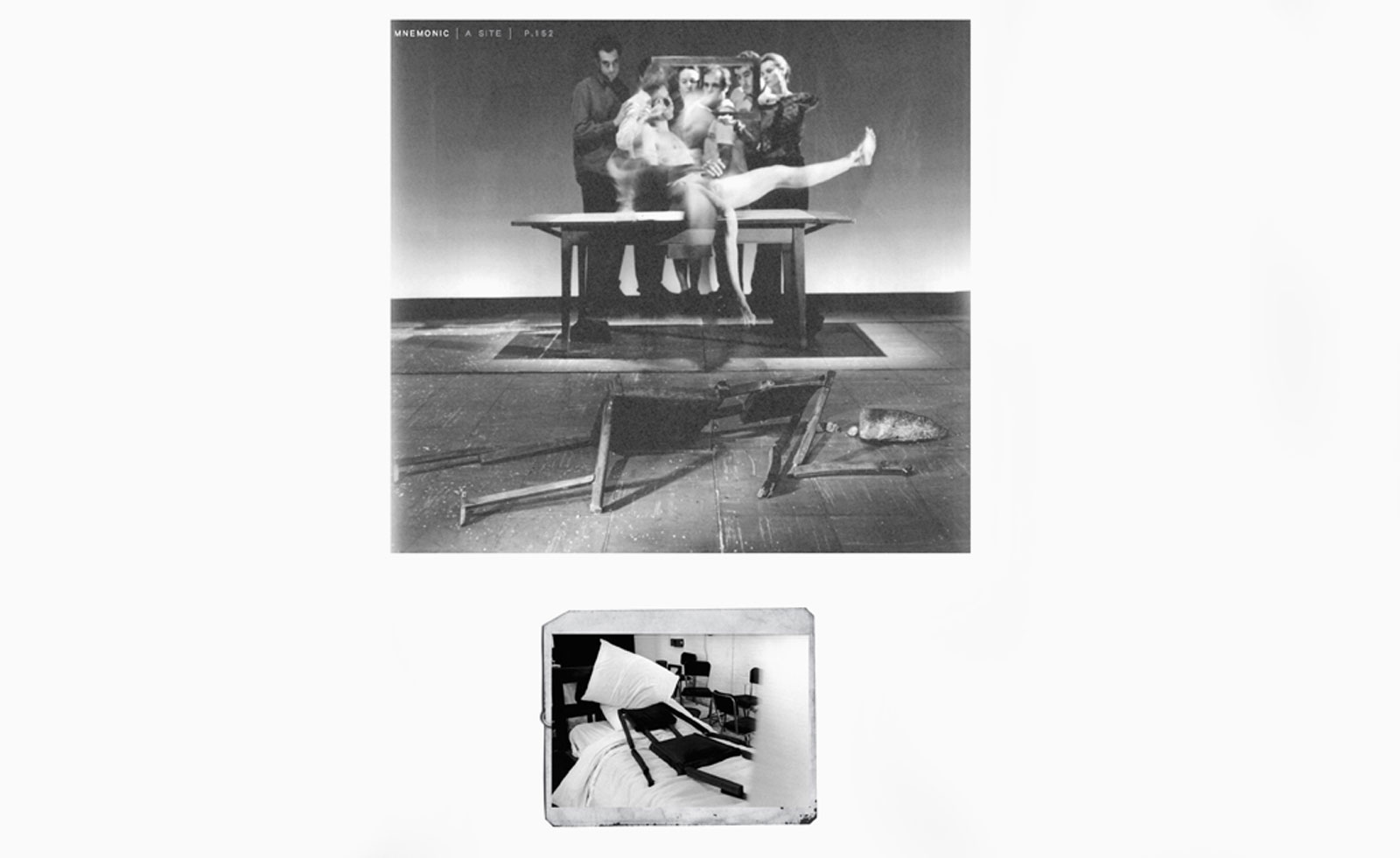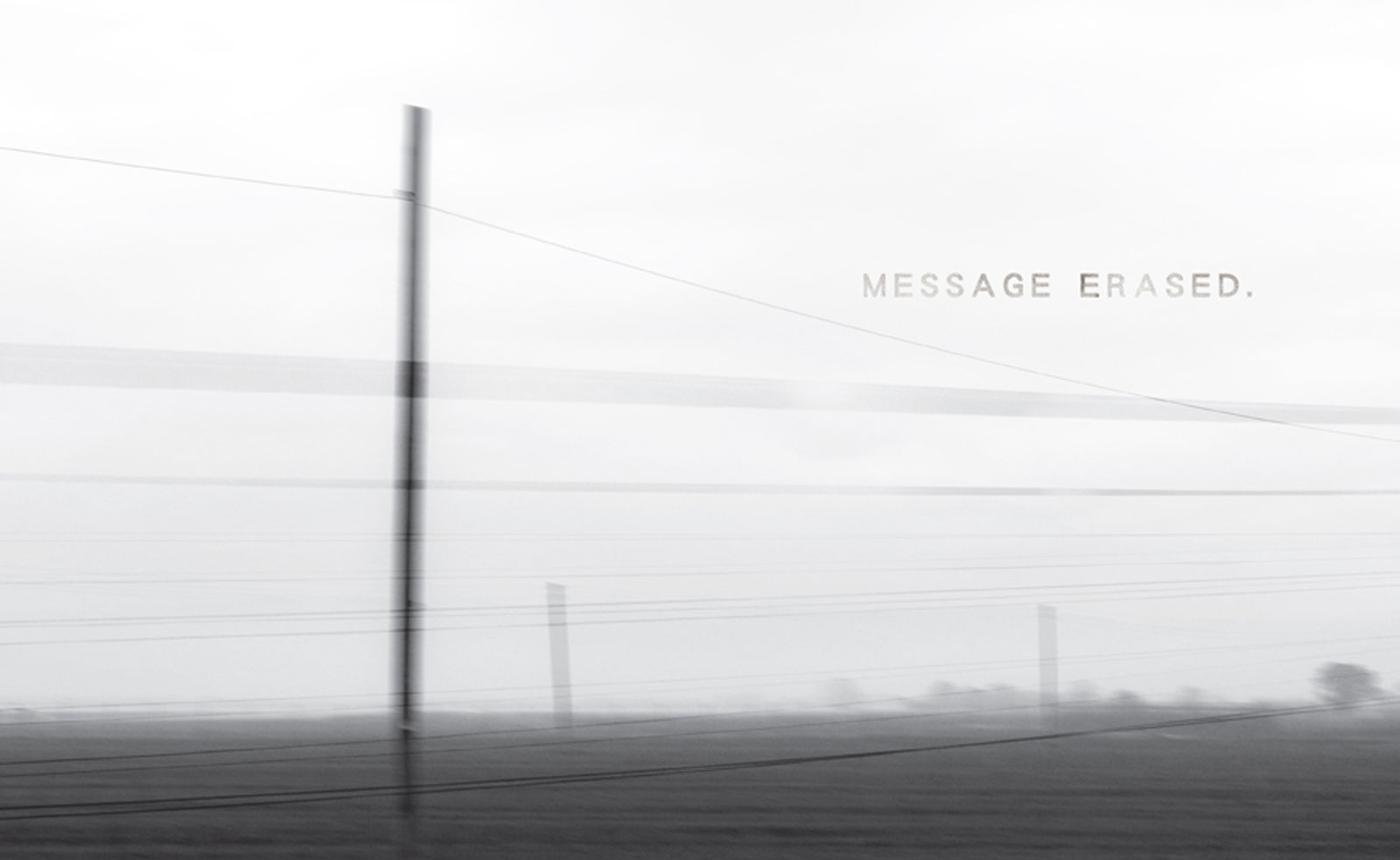‘The boundary between fact and fiction is extremely blurry': Simon McBurney as Mnemonic returns to the theatre
Mnemonic, conceived and directed by Complicité Artistic Director, Simon McBurney, is at the Olivier, National Theatre until 10 August 2024


Receive our daily digest of inspiration, escapism and design stories from around the world direct to your inbox.
You are now subscribed
Your newsletter sign-up was successful
Want to add more newsletters?

Daily (Mon-Sun)
Daily Digest
Sign up for global news and reviews, a Wallpaper* take on architecture, design, art & culture, fashion & beauty, travel, tech, watches & jewellery and more.

Monthly, coming soon
The Rundown
A design-minded take on the world of style from Wallpaper* fashion features editor Jack Moss, from global runway shows to insider news and emerging trends.

Monthly, coming soon
The Design File
A closer look at the people and places shaping design, from inspiring interiors to exceptional products, in an expert edit by Wallpaper* global design director Hugo Macdonald.
‘All facts are subject to change,’ says Complicité co-founder and artistic director, Simon McBurney. ‘Things that we think are absolute constantly reinvent themselves. Newton believed the world was definitive in its mechanised structure. Einstein taught us that everything is relative. Now, the theory of chaos shows us that not only is everything relative, but it is also constantly changing and evolving.’
It is an interweaving of references McBurney is once again picking his way through as his play, Mnemonic, returns to the theatre 25 years after its original debut. The brainchild of British theatre company, Complicité, the play encompasses a pollination of art forms, building a web of fact and fiction with which to draw in the audience.

‘What was a fact one day can be adjusted, changed, and developed another day,’ McBurney adds. ‘Similarly, what we call fiction is a story we tell, but every story has its origins in truth, which could be considered a fact. Thus, the boundary between fact and fiction is extremely blurry. We perceive our lives and the world as clear, with distinct objects, ideas, people, nations, origins, loves, and so on. However, if you translate these concepts into what's going on inside us, you encounter an infinite entanglement of different ideas. When trying to grasp a simple idea, like “what represents home?”, it’s more of a feeling than a concrete concept. Representing a feeling is more poetic than narrative and consists of countless, small elements. This show aims to capture that complexity.’
A simple story - a body, found in the ice, a woman looking for her father and a man for a lost lover - becomes a springboard for a questioning of our relationship with memory, in themes as relevant now as they were upon their original launch. ‘I think now is the right time to revisit it because everything we were thinking about then has become even more prescient: migration, origins, home, memory, what we're going to do with the future, love.’

For McBurney, the main challenge when it comes to revisiting the show is: ‘Taking myself out of the show and putting someone else in, someone from a completely different cultural background. The original show was deeply connected to me and my ancestry, with my father being American and my mother Irish. I didn't really know where I belonged. Now, with someone else in that role, we have to shape the show in their image and also find a way to represent all our heritages, which has become increasingly important. This reflects the key question of our time: who we think we are and where are we going?’
Mnemonic is at the Olivier, National Theatre 22 June – 10 August
www.nationaltheatre.org.uk
Mnemonic – A Site is published from 2 July, to order https://www.complicite.org/shop/mnemonic-a-site/
Receive our daily digest of inspiration, escapism and design stories from around the world direct to your inbox.
Hannah Silver is a writer and editor with over 20 years of experience in journalism, spanning national newspapers and independent magazines. Currently Art, Culture, Watches & Jewellery Editor of Wallpaper*, she has overseen offbeat art trends and conducted in-depth profiles for print and digital, as well as writing and commissioning extensively across the worlds of culture and luxury since joining in 2019.